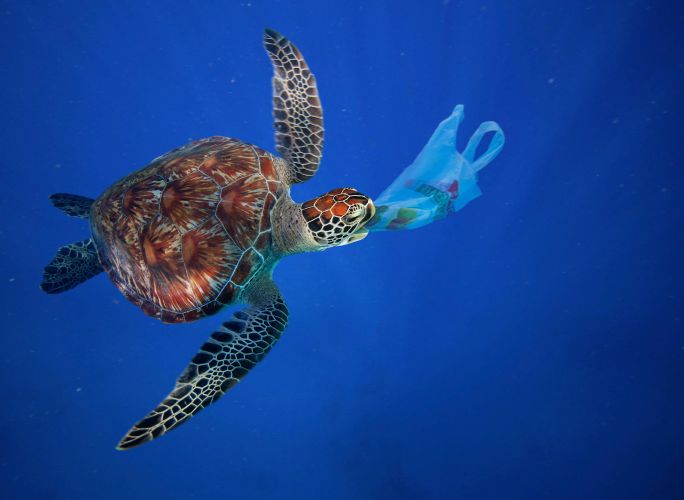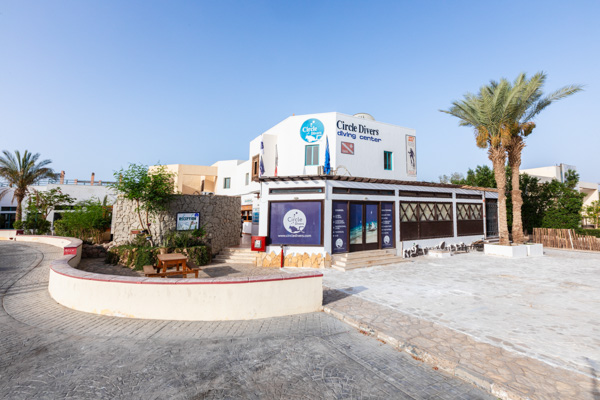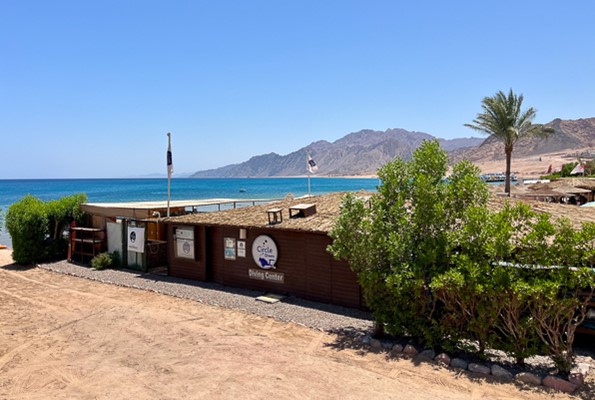PROTECT THE OCEANS – WHY PLASTICS ARE KILLING THE OCEANS.

Covering more than 70% of the Earth’s surface, the oceans are at the heart of all life on the planet. Over 50% of the oxygen we breathe comes from the natural processes of ocean plankton – that’s every other breath. Yet the oceans are in crisis!
As an eco-conscious dive centre, Circle Divers works
with local initiatives in both Dahab and Sharm el Sheikh for clean-up dives to
help reduce the pollution of the Red Sea, especially plastics.
The Scary Facts About Plastics In The Oceans
Currently, plastic makes up 80% of the
pollutants in the ocean, with around 8 to 10 million metric tons of plastic
entering the ocean each year.
Research predicts that by the year 2050, plastics
in the oceans will outweigh all the fish.
A plastic bottle will, on average, take up to 450
years to biodegrade, but some plastics can take 1000 years.
What Are The Effects of Plastic On The Ocean
& Marine Life?
Did you know that over 1000 turtles (at
the very least) die from becoming entangled in plastic every year?
When a turtle or any other marine life
becomes entangled, they risk choking to death, losing limbs, or generally
injuring themselves (sometimes beyond repair).?
It’s also estimated that 52% of all sea turtles
have eaten plastic particles. A plastic bag can often look like a jellyfish to
a turtle, and what turtle doesn’t enjoy chowing down on tasty jellyfish?
When consumed by turtles, plastics can cause
blockages in their intestines, often piercing the intestinal wall, causing
internal bleeding. Perhaps a more distressing death is that air pockets caused by
the plastic in a turtle’s stomach can imitate the sensation of being full, and
the turtle neglects to seek other food. Ultimately, they will die from
starvation.
It’s not just the marine life, though; plastics in the oceans can be
harmful to humans, too. Plastic can be carcinogenic and affect the body’s endocrine
system, causing developmental, neurological, reproductive, and immune
disorders.
Toxic
contaminants can
often accumulate on plastic’s surface and later be transferred to humans
through the consumption of seafood.
Clean Up Dives: Removing The Plastic Pollution
from The Red Sea
Circle Divers are pleased to support local Clean Up Dive initiatives to help protect the oceans
Both land and sea-based clean-ups, these events
are regularly organised by local environmental agencies and dive centres. As
divers we have the perfect opportunity to act as ambassadors for the protection
of the Red Sea – and remove plenty of the polluting plastics and waste
materials too including cigarette butts, discarded drinks cans or food
wrappers, and neglected fishing lines or nets.
Check out our socials for pictures of the waste
that has been collected on previous or even current clean-up dives.
How Can You Help Protect The Ocean?
1. Reduce Your Plastic Waste. Say no to single-use plastic bottles. Use a recyclable
drinking beaker or container. Cut down on the amount of plastic being produced.
All Circle Divers boats and the dive centre itself have water towers/dispensers
where you can easily refill your drinking cup, bottle or flask.
2. Dispose of garbage correctly. Take your garbage with you or put it in the waste bin.
Please don’t dump any empty crisp packets, etc, overboard. Don’t throw
cigarette stubs into the ocean or leave them on the beach – each stub takes
over 10 years to biodegrade and can be full of toxins harmful to marine life. If
you can’t find the bin, ask the crew, who will happily dispose of any garbage
for you.
3. Participate in clean-up events. Look at social media and dive centre notice boards
for details of any upcoming clean-ups. It doesn’t have to be the Red Sea, check
if any local dive centre or when on holiday have organised events.
4. Get involved early.
Space on the boats or permissions can be limited for many clean-up dives, so it’s
better to sign up early.
5. Clean as you go and educate. Nothing is stopping you from doing a mini-beach clean-up
or educating others to clean the oceans and the marine environment.
Watch the Circle Divers socials or
ask our instructors for any upcoming clean-up events and how you can help


